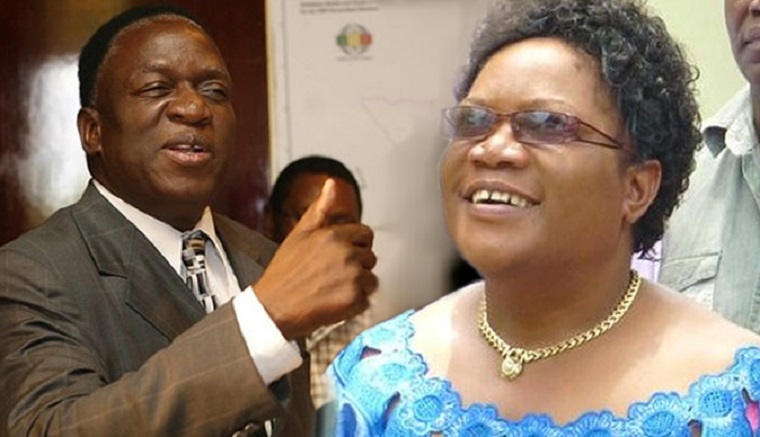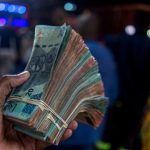Our nation celebrated in total peace and calmness, with no incident of violence or any mishap reported over those two days as we marked 43 years of self-rule, democracy, stability, progress and development. Our host community, Mashonaland Central, gathered in huge numbers, ready to make sure we were all welcomed and looked after. It was truly memorable.
Thank you Mashonaland Central!
Over those two happy days, we took commemorations of our hard-won Independence back to the province and to communities that had suffered longest and endured some of the worst atrocities for that glorious day to come.
We owed it to them, and I am happy that this troubling debt has finally been symbolically paid, so many years into our Independence.
Except it is a debt that remains partly paid until all rural communities which make up our nation, and which, thus, played a direct role in the national struggle as it took its protracted, tortuous and bloody course, have had a chance to concretely own and physically host our Independence Day.
And until development reaches every nook and cranny of the remotest of our rural areas, themselves theatres of the War of Liberation.
The thought of revolving venues for festivities marking our Independence came to mind after my visit a few years ago to the sister Republic of Uganda, on the occasion of its National Day. Unlike what had become a tradition for us here in Zimbabwe, the Ugandans, under President Yoweri Museveni and the governing National Resistance Movement, whose history of armed struggle echoes our own history, decided long before to decentralise and devolve commemorations of their National Day, thus yearly taking them to different communities, including the remotest and the least developed.
We thought this was a noble idea worth emulating. As a result, we began moving commemorations of our Independence away from the capital last year, when, for the first time, we held them in Bulawayo, our second largest city.
Except this was still in an urban setting, where basic amenities are available. How were we to take our Independence festivities to rural centres, whose limited infrastructure could not support a national gathering? While it was quite easy to determine the next host province for our National Day, we pondered long and hard the best venue which would send a clear statement of gratitude to communities that had sacrificed incomparably in the execution of the armed phase of our Liberation Struggle, itself largely a countryside affair.
It was then that a decision was taken to move the celebrations to Mt Pfura/Darwin Centre, which lay painfully close to Chibondo, itself a harrowing site of Rhodesian atrocities during our Struggle.
Like I indicated in previous articles, we sought to make a strong statement of reconnection with the painful story of the birth of our nation, thus reminding all and sundry that this day did not come cheap at all. Above all, we wanted the rest of our people to stay reminded on the role rural communities played towards the birth of our Independence, and, thus, on how, in spite of their modest and often unspoken expectations, they merit special, nay even preferential attention, in national development. These rural communities are, after all, home to the majority of our people.
Continued next page
(147 VIEWS)


